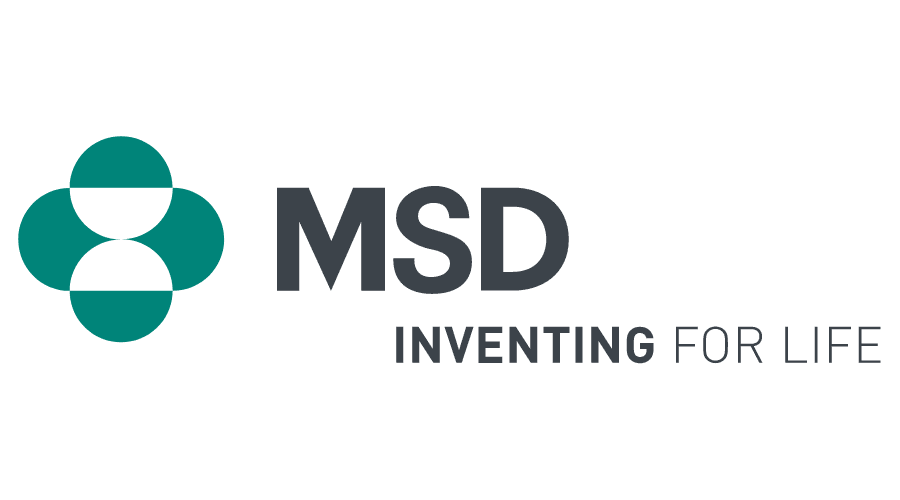WEBINAR: Who pays for hope? – treating cancer early
9 September, 2020,
08:30 – 09:00 CET
Cancer is still often considered a death sentence. It is the second leading cause of death globally and will soon overtake cardiovascular disease as the number one killer. As a result, the main effect that people expect treatments to have is to prolong overall survival either through curing the disease or by slowing its progression and reducing cancer-related symptoms. Indeed, great progress has been made in recent years and cancer mortality grows at a much slower pace than cancer incidence.
At the same time, demonstrating the value of innovation has partly become more challenging: where cancer is diagnosed early and can be removed through surgery, the target of intervention becomes cure and preventing the cancer from returning. In these cases, demonstrating the benefit of a treatment through “overall survival” becomes practically very difficult because of the time needed to assess such survival. As a result, trials studying the benefit of treatments in these settings often rely on endpoints other than overall survival — which in turn leads some to challenge the value of the treatments used.
How much emphasis should be put on “overall survival” to assess the value of oncology drugs? What information on treatment decisions in the (neo)adjuvant setting do patients need? What level of certainty do payers need to make their funding decision — are they willing to pay for hope?
This webinar intends to discuss different perspectives on how funding decisions should be approached depending on the setting of the disease.
Disclaimer: Anna Bucsics was participating in this webinar in her personal capacity and not representing any of the institutions in MEDEV and MoCA
Speakers:

Bettina Ryll
Founder
Melanoma Patient Network Europe (MPNE)

Anna Bucsics
MEDEV, EUnetHTA, MoCA, others

Duane Schulthess
Managing Director
Vital Transformation
(moderator)
Supported by:

